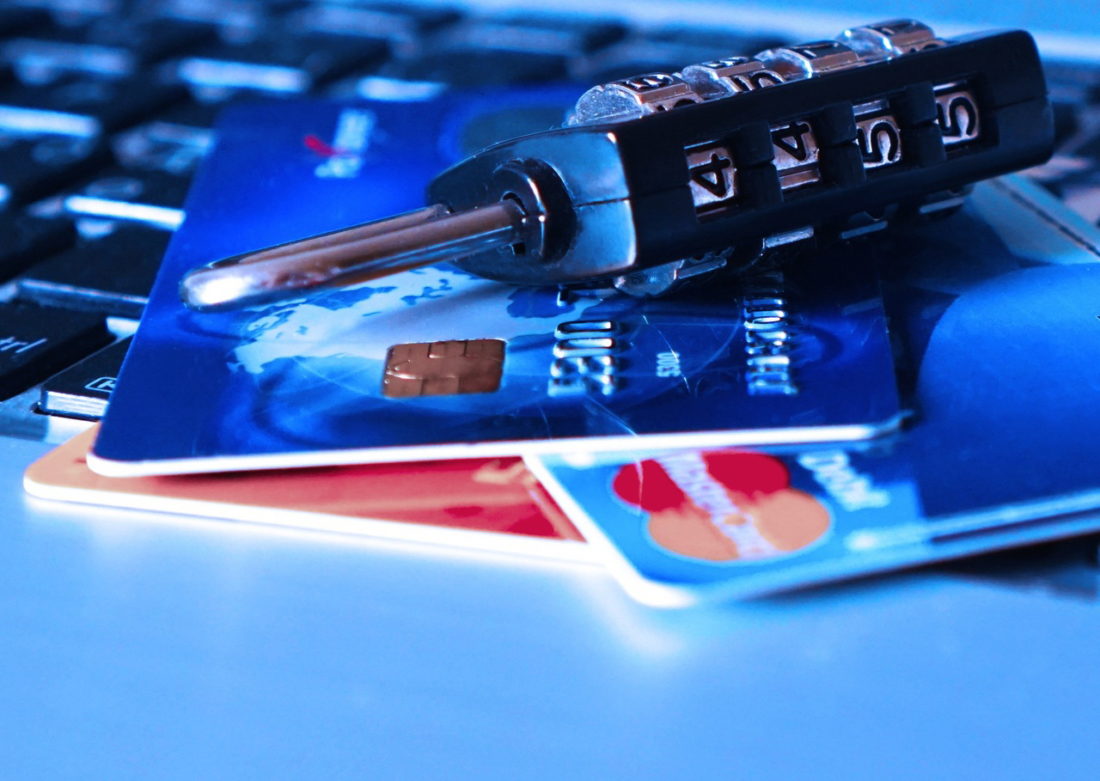Avoid Having Your Identity Fall into the Wrong Hands

How much importance do you put in keeping your personal identity as secure as possible?
Unfortunately, too many do not put time and effort into protecting their identities. As a result, they can become the next identity theft victim.
With that in mind, you should be doing everything possible to lower your risk.
So, will you do what it takes to avoid having your identity fall into the wrong hands?
Find the Right Protection Provider
In doing what you need to do to protect your identity, review protection providers on the market.
Whether you do a LifeLock review or that of another brand, it is worth your time to do so.
Such providers will watch your financial life. In doing this, they can alert you when something is amiss.
That said you have responsibility on your shoulders too.
Among the areas of concern to be on the lookout for with your everyday financial life:
- Bank accounts – One area identity theft thieves love to hone in on would be bank accounts. If they get your account number, they can work fast to access the money you have in a checking or savings account. Before you know it, this money could be gone.
- Credit cards – Another popular target for identity theft thieves would be credit cards. If bad in leaving your card or cards out there for thieves to gather info, you can be setting yourself up for trouble. Always safeguard your credit cards.
- Social Security number – Always protect your Social Security number. Although there are instances where you will need to provide it, make sure they are legitimate. For example, you will have to provide your number when doing freelance work and filling out a W-9 tax form. On the flip side, if someone calls you and claims to be the Internal Revenue Service (IRS), never give out your S.S. number. Keep in mind that the IRS doesn’t call for such things but thieves will.
- Retirement accounts – Whether nearing retirement or it is years away, be sure your nest egg is safe. Do not give out personal 401k and other such info unless needed for official business.
Be Careful Online Too
As key as it is to safeguard your financial info when talking to others in person or on the phone be careful online.
Many identity theft thieves use the Internet to stalk their next prey.
As an example, someone may send you an email with an attachment on it. The mail may look authentic, but in turn it is actually from a criminal. You open the attachment and have now downloaded a virus on your computer. With that malware in place, a thief can go to work on getting your personal details.
If you have children in the home old enough to use the Internet, remind them to never give out personal family info. Such details include where you bank and other pertinent financial information.
As you look to avoid having your identity fall into the wrong hands, do all you can to be a smart consumer.









